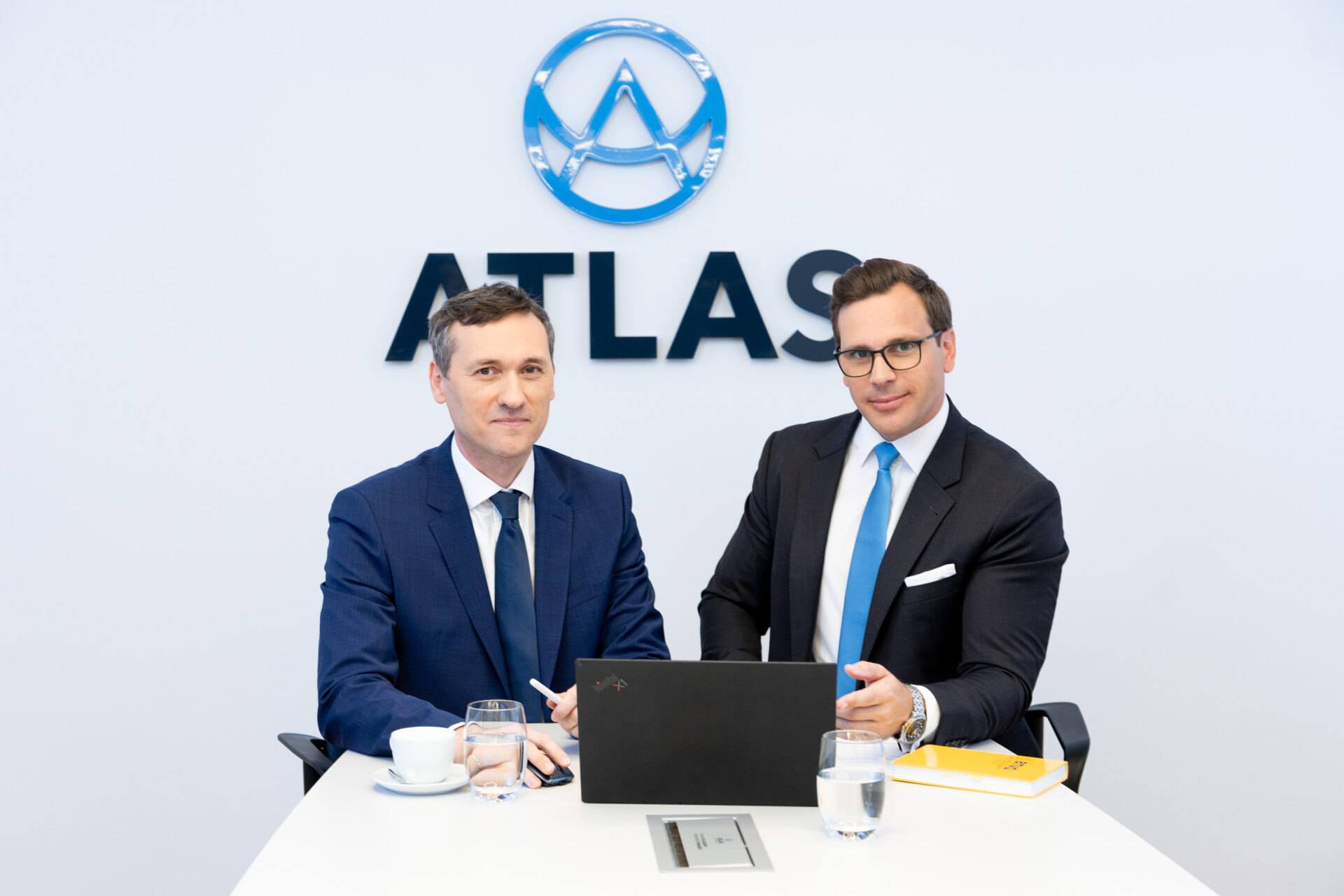The newly introduced company form “FlexCo” or “FlexKapG” offers an attractive alternative to the Austrian Limited Liability Company (“GmbH”) and Austrian Joint Stock Company (“AG”), especially with regard to lower running costs and flexible structuring options. A change of the company form into a FlexCo can also be beneficial for existing corporations.
The Federal Act on Flexible Capital Companies (Flexible Capital Companies Act or FlexKapGG for short) came into force on January 1, 2024. In addition to the existing forms of limited liability companies and public limited companies, this law introduces a third form of corporation – the flexible corporation (“FlexKapG” or “FlexCo”).
The flexible corporation is generally seen as a modification of the Austrian Limited Liability Company (GmbH) or as a “GmbH light”. In addition to the special provisions of the Act on Flexible Capital Companies, the provisions of the Act on Limited Liability Companies apply, unless the Act contains special provisions.
However, the law contains several original provisions and borrows various capital measures known from stock corporation law in a slightly modified form. As a result, the new company form combines flexible structuring options for the articles of association with a broad spectrum of capital procurement and a loosening of the rules acquisition of own shares.
The flexible company is therefore not just a GmbH Light, which is not only – as is often praised – suitable for start-ups and employee participation models, but is also quite competitive in relation to existing company forms for any legally permitted purpose. The uncertainty associated with the introduction of a new company form should remain limited, as the previous literature and case law on Limited Liability Companies and Joint Stock Companies can be referred to.
Even if the number of registered flexible corporations two weeks after the introduction of the law is still low, it can be assumed that it will soon be the predominant corporate form of newly founded corporations. With regard to the possibility of changing the legal form from a GmbH into a FlexCo, existing companies should review whether the new provisions help finding new valuable structuring options for them.
The main provisions of the FlexKapGG are summarized below:
Enterprise value shares:
The main original innovation is the introduction of so-called “Company Value Shares” (“Unternehmenswertanteile”). These are primarily intended for employee participation. The sum of the issued Company Value Shares may not reach 25% of the share capital of the company.
A Company Value Share differs from a normal share in the company as, although the Company Value Share establishes a participation in the substance and profit of the company, it does not allow any decision-making in the company. This means that a Company Value Share does not grant any voting rights. Information and inspection rights are also limited.
A private deed is sufficient for the transfer of an Enterprise Value Share. A notarial deed, as with the transfer of a share in a GmbH, is therefore not necessary. This makes the transfer of company value shares easier and cheaper. For “normal” FlexCo shares, there is also no requirement for a notarial deed (but a private deed with instructions from a lawyer or notary).
Holders of Company Value Shares have no liability for defaults, no obligation to make additional contributions and, if the founding shareholders of a FlexCo sell their shares, they have a tag along right. However, they have no preferential right to take over new shares in the event of capital increases.
Minimum share capital:
The minimum share capital of a FlexCo is € 10,000 and must at least be half paid-in (€ 5,000) (as is the case for the GmbH from January 1, 2024). The minimum share capital contribution is € 1 (but only 1 cent for Company Value Shares).
Supervisory board obligation:
A supervisory board must be appointed (in addition to the cases regulated in the Act on Liability Companies) if the company is at least a medium-sized corporation pursuant to Section 221 (2) and (4) UGB. A supervisory board must therefore be established more frequently than in the case of a GmbH. This could mean a certain disadvantage of the new company form for medium-sized corporations that have not already appointed an optional supervisory board.
Acquisition and pledging of own shares:
The possibilities of acquiring and pledging of own shares are extended compared to the GmbH. This opens up various possibilities, such as in connection with the repurchase of the Company Value Shares of departing employees, but also the preparation for the participation of new investors.
Capital measures according to Joint Stock Company Law are possible:
As with a Joint Stock Company, a conditional capital increase (in particular in connection with the granting of share options to employees) and authorized capital (for example to facilitate employee participation but also in the case of planned capital increases in several tranches) are also possible with a FlexCo.
Written vote:
It is possible to include a provision in the articles of association that – even if not all shareholders agree – a resolution can be passed by circulation resolution. Text form (e.g. by email) is also sufficient.
Inconsistent voting:
It is also possible for a shareholder to exercise his voting rights inconsistently, so that a trustee can vote differently for his trustors.
No notarial deed obligation:
Transfers of shares and capital increases do not require a notarial deed. A private deed with instructions drawn up by a lawyer or notary is sufficient.
Change of corporate form to FlexCo:
Companies existing under the legal forms of a GmbH or an AG can change their company form into a FlexCo and vice versa.
Effects for existing GmbHs with formation privileges:
With the introduction of the Flexible Corporation Act, the GmbH Act was also amended in such a way that the previous requirement of a minimum share capital of € 35,000 was reduced to € 10,000. As a result, the previous “Privileged GmbH” was be abolished.
If an amendment to the articles of association of a GmbH is filed with the commercial register after December 31, 2024, the provisions regarding formation privileges must also be removed.
If you have any questions, please contact
ATLAS Attorneys at Law
office@atlas-law.at
01/29 27 389

